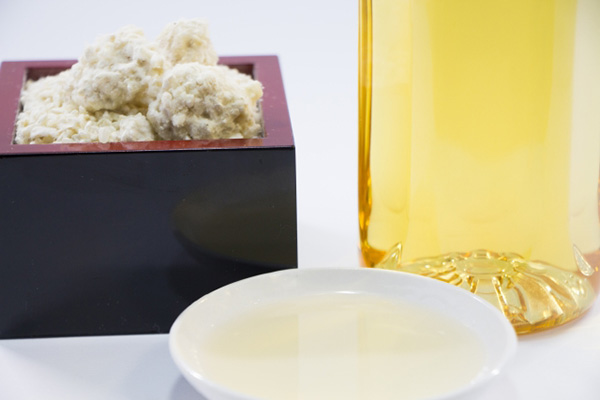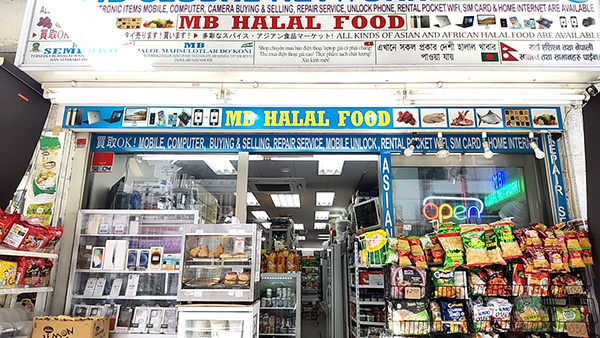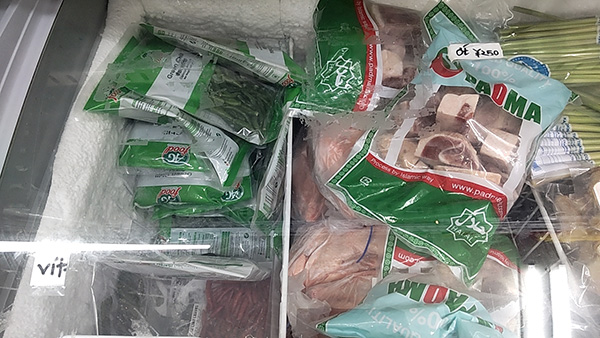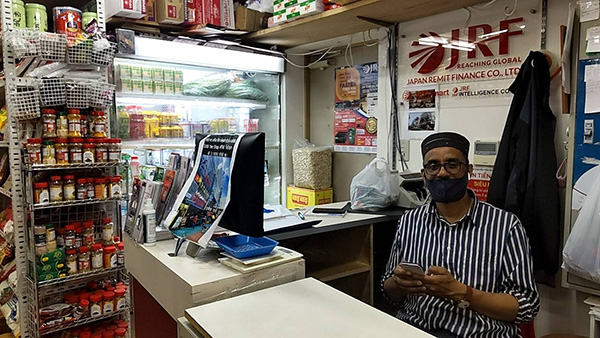Sakura Mentor
Coping with Food Restrictions in Japan
Lai Hung Wei
Updated in April 2023
Konnichiwa and salam sejahtera! As we know, communities all around the world have different cultures and restrictions in food consumption. These may be due to regional cultures or religious beliefs. As a relatively homogenous community, the Japanese is surprisingly open when it comes to accepting foreign cultures like this. Today, I would like to share some information on living with food restrictions in Japan.
The primary issue would be the availability of halal food. Muslims only consume halal food. They still remain as a minor population in Japan, although the number of Muslim steadily increase over the past years. Despite the Japanese in general being very tolerant towards different religion including Islam, there is a huge lack in understanding the needs of the religion itself and facilities and services. Thankfully, the increase of Muslim communities and tourists in Japan have stimulated the increase in the effort to cater to Muslim needs recently.
 Tokyo Camii─A historical mosque in Japan
Tokyo Camii─A historical mosque in JapanPhoto: Anis Coquelet on Unsplash
Currently, there is only a small number of halal restaurants and food producers in Japan. There is indeed some halal or Muslim-free restaurants found in major airports and several big hotels, but the number of these establishments are very limited. Some of them may even require prior reservations a few days before. One of the biggest problems with Japanese food is that most of them contains cooking wine and mirin, both contains alcohol which are restricted in halal food. It is advisable to ask the restaurant owner regarding the alcohol or pork content before ordering. Some shops may prepare a list of food allergens, so feel free to have a look. Halal food are quite hard to find in Japan and this gets even worse if you are living away from the city.
 Authentic mirin is made from fermenting sticky rice, koji (cultured rice) and shochu (distilled alcohol made from sweet potato)
Authentic mirin is made from fermenting sticky rice, koji (cultured rice) and shochu (distilled alcohol made from sweet potato) Photo AC: HiC
Halal food are more easily available in Japan if you visit some non-Japanese restaurant such as Indonesian, Malaysian, Moroccan or Bangladeshi restaurant. Vegetarian restaurants may be good options to look for halal food too. Check the Halal Gourmet Japan website for more details on local halal restaurants near your area. For visitors who prefer cooking their own meals, some supermarkets in major cities may sell halal food products although most of them are frozen and not ready-to-eat food. Average supermarkets in Japan do not sell halal products.
 One of halal food shops in Tokyo
One of halal food shops in TokyoPhoto: JISTEC
Despite the shortcomings mentioned above, we can see drastic changes in the past few years which help ease up the inconvenience of coping with halal food restrictions. The development of online shopping also improved the living experiences of Muslim communities significantly over the past years. We foresee better improvement in facilities and services in the near future which may improve living experience of communities of various background in Japan.









